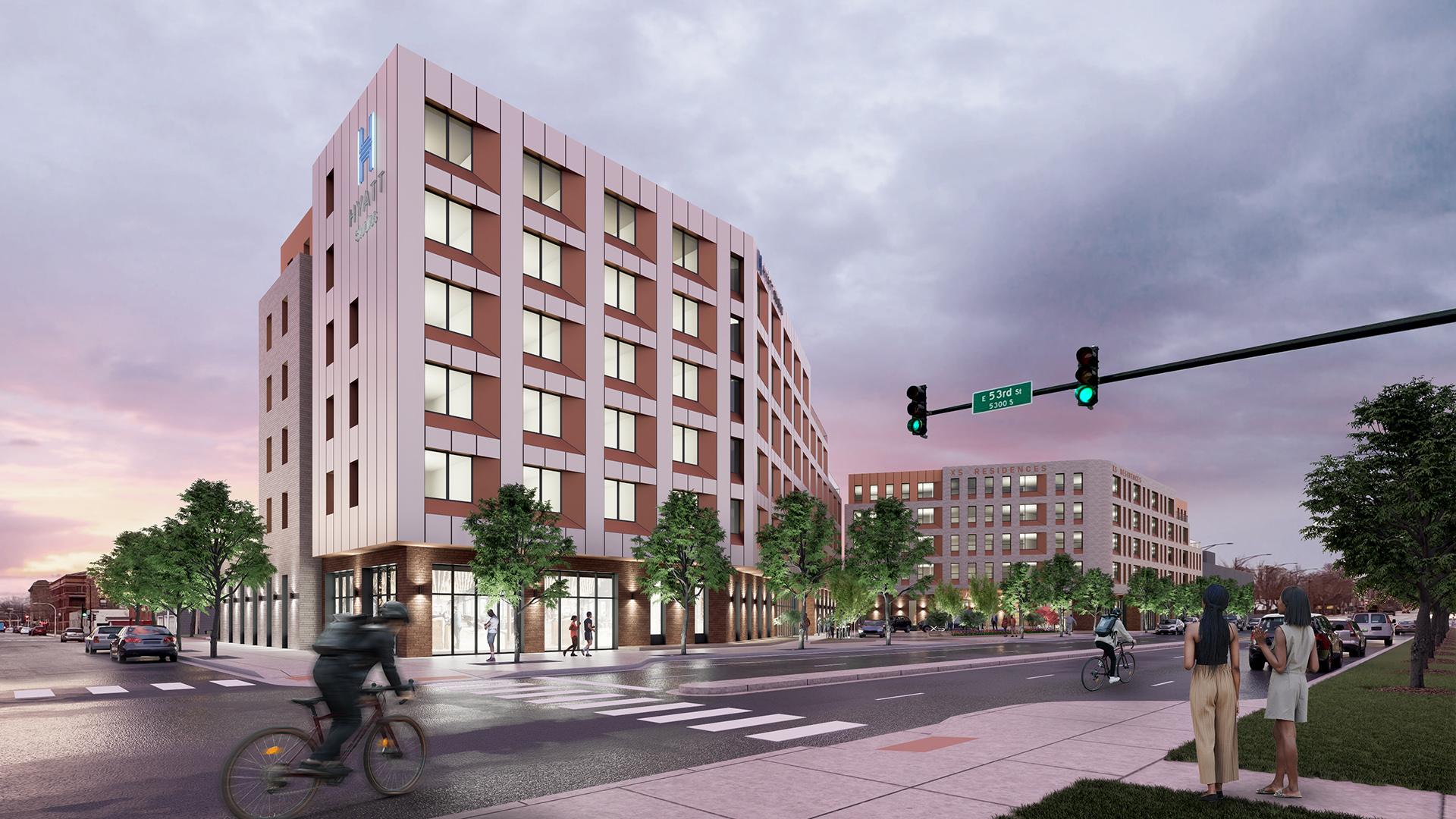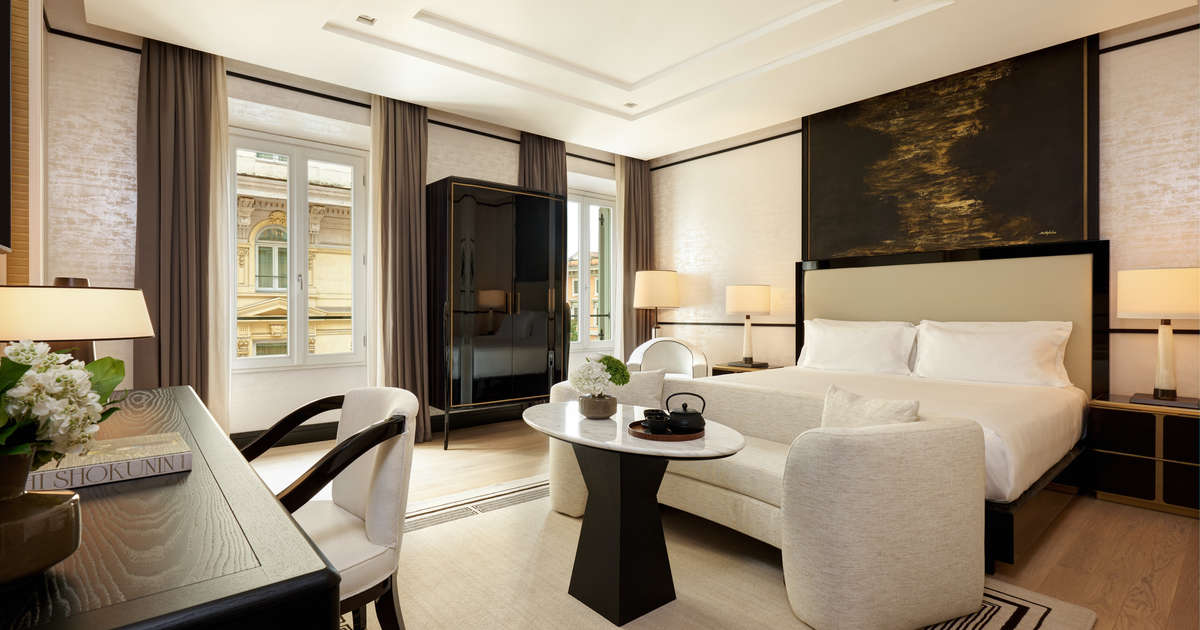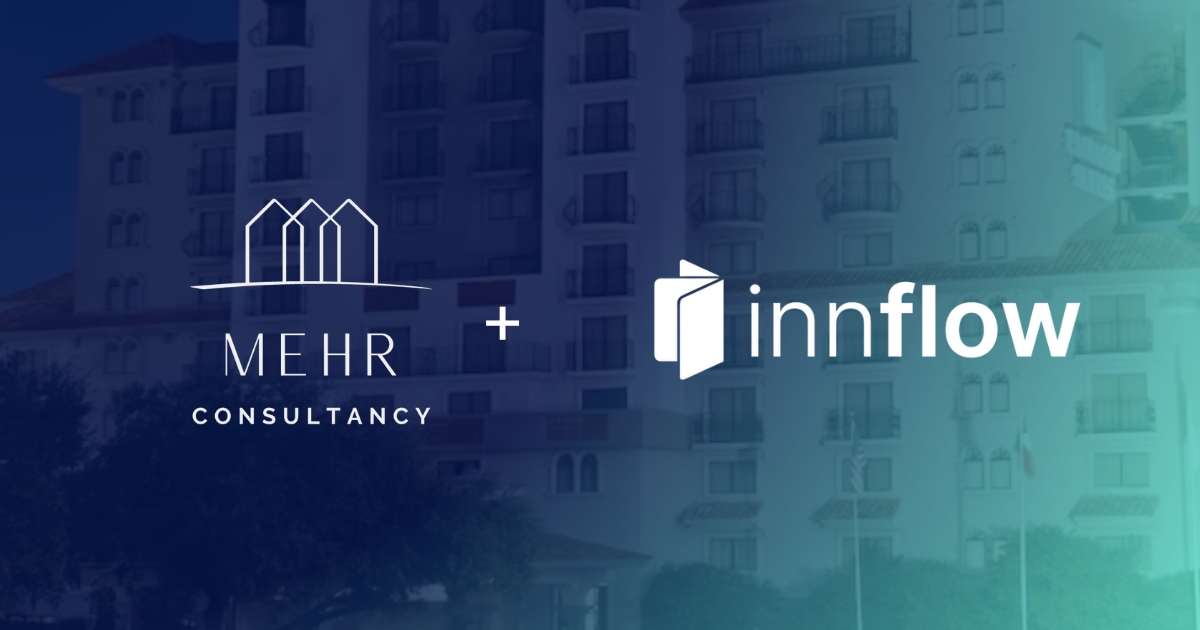
When a commercial lease comes up for renewal, the new rent amount is usually determined through indexing. However, there are exceptions to this rule. In particular, this does not apply when renewing leases for “monovalent” or “single-use” premises. Understanding and applying this principle can help secure more favourable rent conditions. Below, we discuss how to navigate this tricky issue.
Why is the concept of “monovalency” so important?
When a lease is renewedin France , if the premises are “monovalent” (single-use), the rent cap is removed, and the new rent level is determined on the basis of the rental value. This has a direct impact on the return on investment for both the landlord and the business owner.
“Monovalency” / single use criteria – what you need to know:
- Definition: premises are considered “monovalent”/single use, if their characteristics are such that they can only be used for a single purpose and if the cost of converting them is particularly high. Hotels are generally considered to be single-use.
- Role of the judge: the decision as to whether or not a commercial property is “monovalent” is entrusted to a commercial rent judge, who generally takes a decision on the advice of an expert, in particular with regard to calculating the cost of converting the premises.
Are French hotel-restaurants considered to be single-use premises?
- Case study: the hotel’s restaurant is located on the first floor of the hotel, has a separate entrance, is directly accessible from the street and can be operated independently.
- Cassation court rulings: in hotel-restaurant cases, case law is clear: the single-use principle is not recognised if the restaurant premises are independent from those of the hotel (for example, separate entrances) or can become so without major work, if the hotel and restaurant can be operated independently of each other, or if they target separate customer segments (Civ. 3ème 15.11.2000, Civ. 3ème 30 juin 2004, Civ. 3ème 20 mai2015).
Strategies for renewing a hotel-restaurant lease:
- Analyse technical and economic aspects: in addition to examining the legal aspects, assess the capacity of the two businesses to operate independently of each other. Have the rental value calculated by an expert.
- Anticipate contractual issues, if any: when signing the initial lease, consider defining how the rent will be determined when the lease comes up for renewal, regardless of whether the premises are “monovalent” or not.
1 This is of course true of hotels without a restaurant
2 Notably the following three decisions: Civ. 3ème 15.11.2000, Civ. 3ème 30 juin 2004, Civ. 3ème 20 mai 2015
3 In the event of potential litigation, where another legal expert is appointed by the court, we recommend that you appoint a legal expert to strengthen your case.
Christopher Boinet
FR – IE Paris – Avocats
In Extenso Avocats
LegalFrance 




